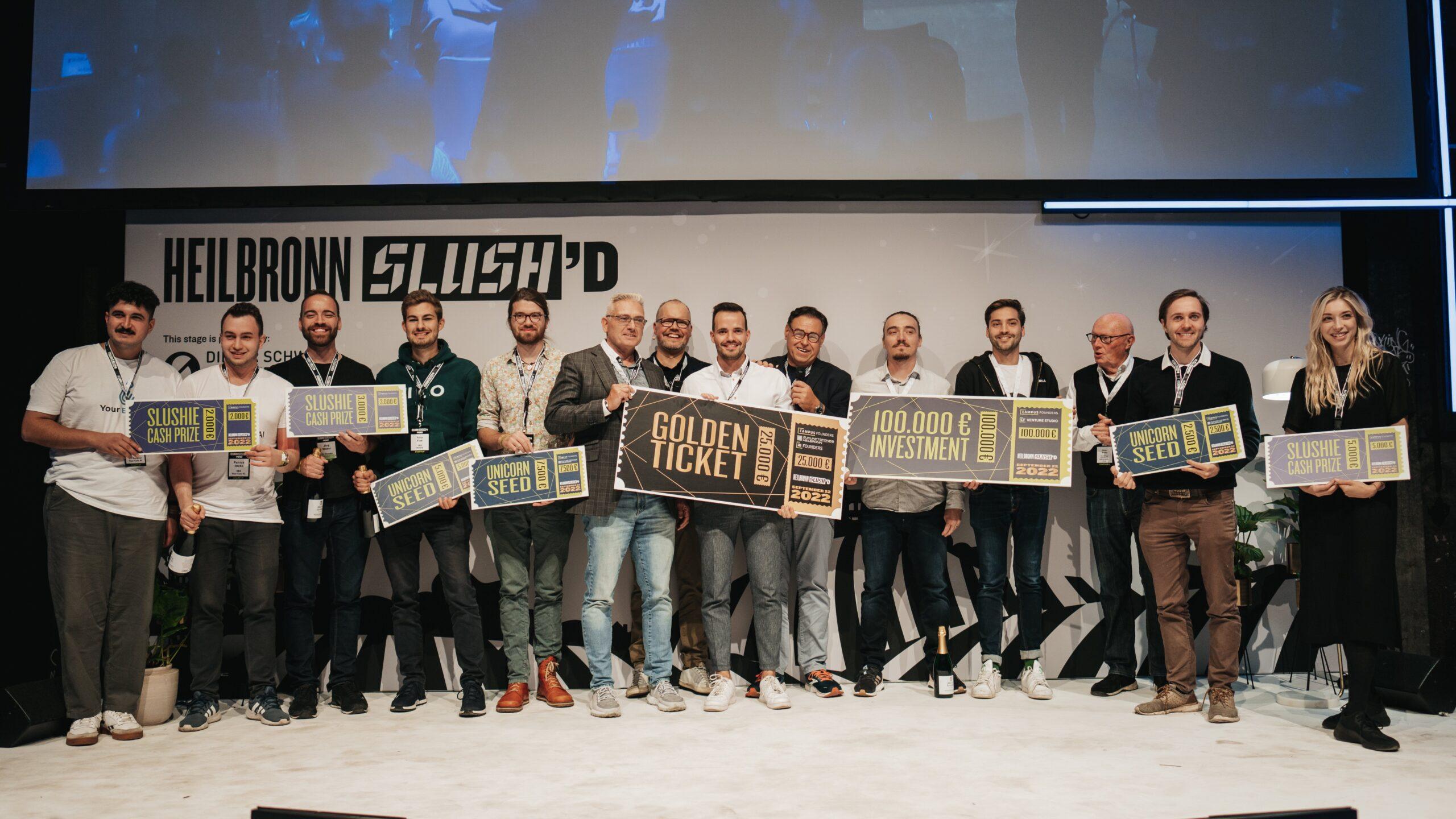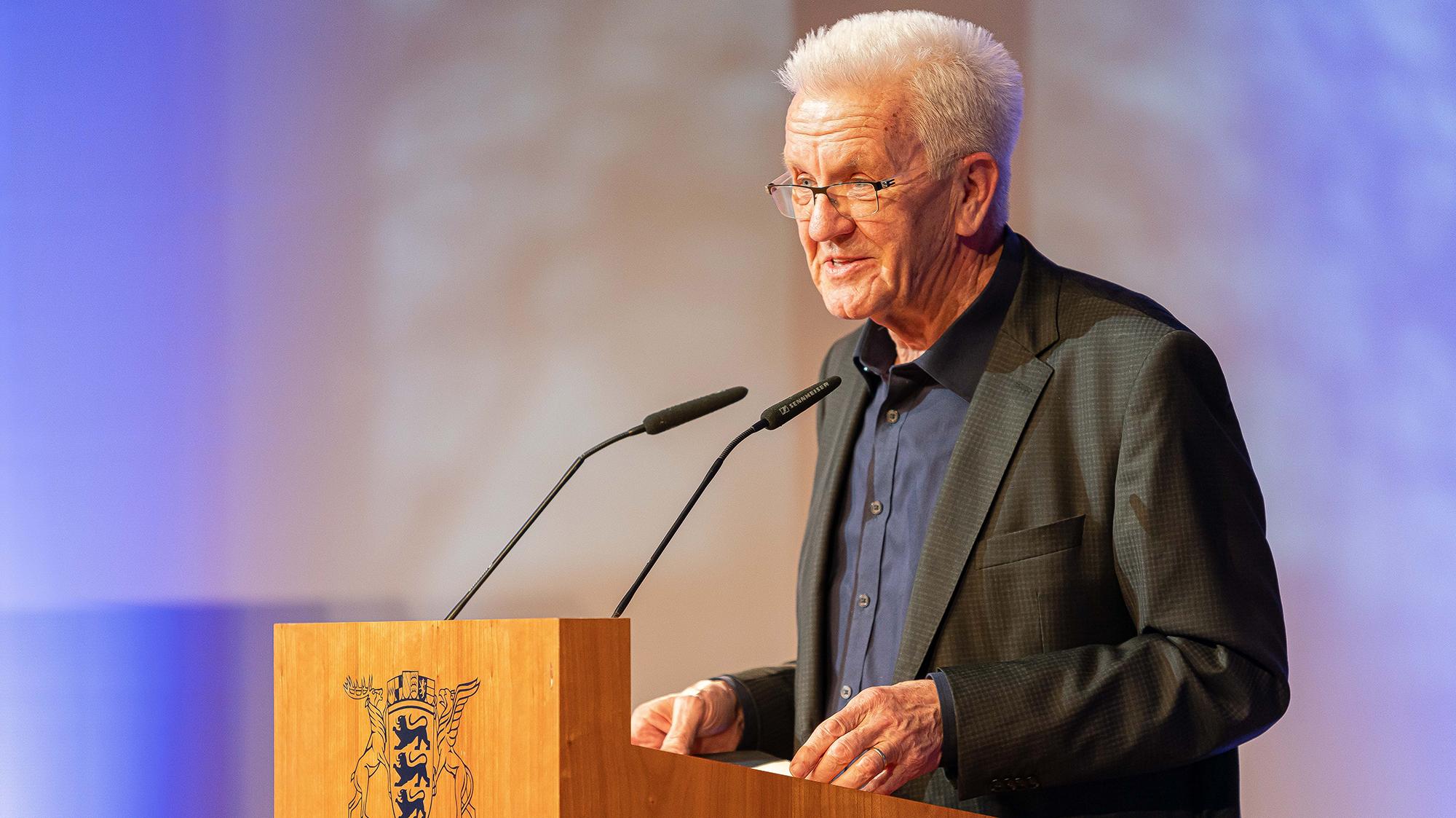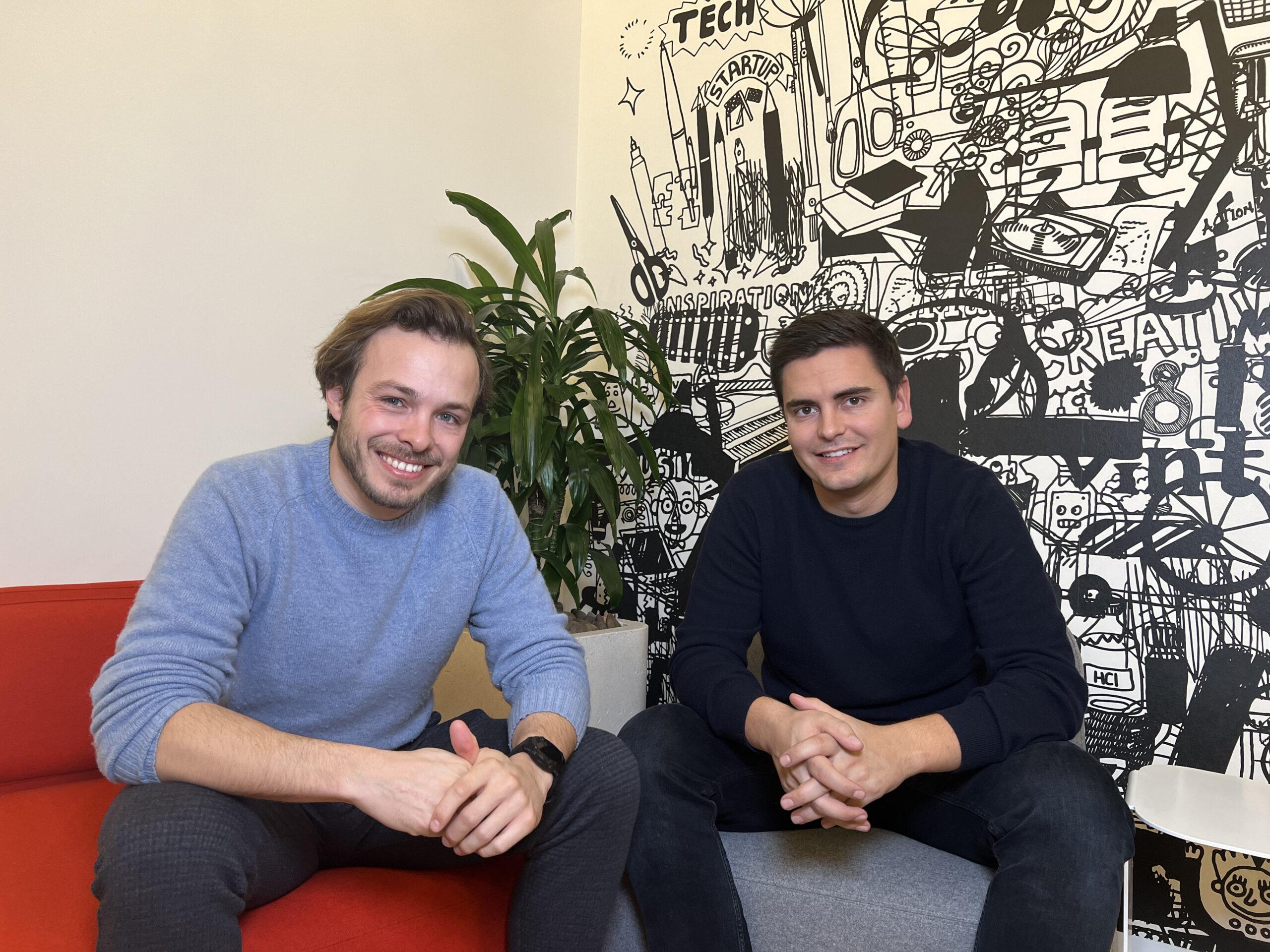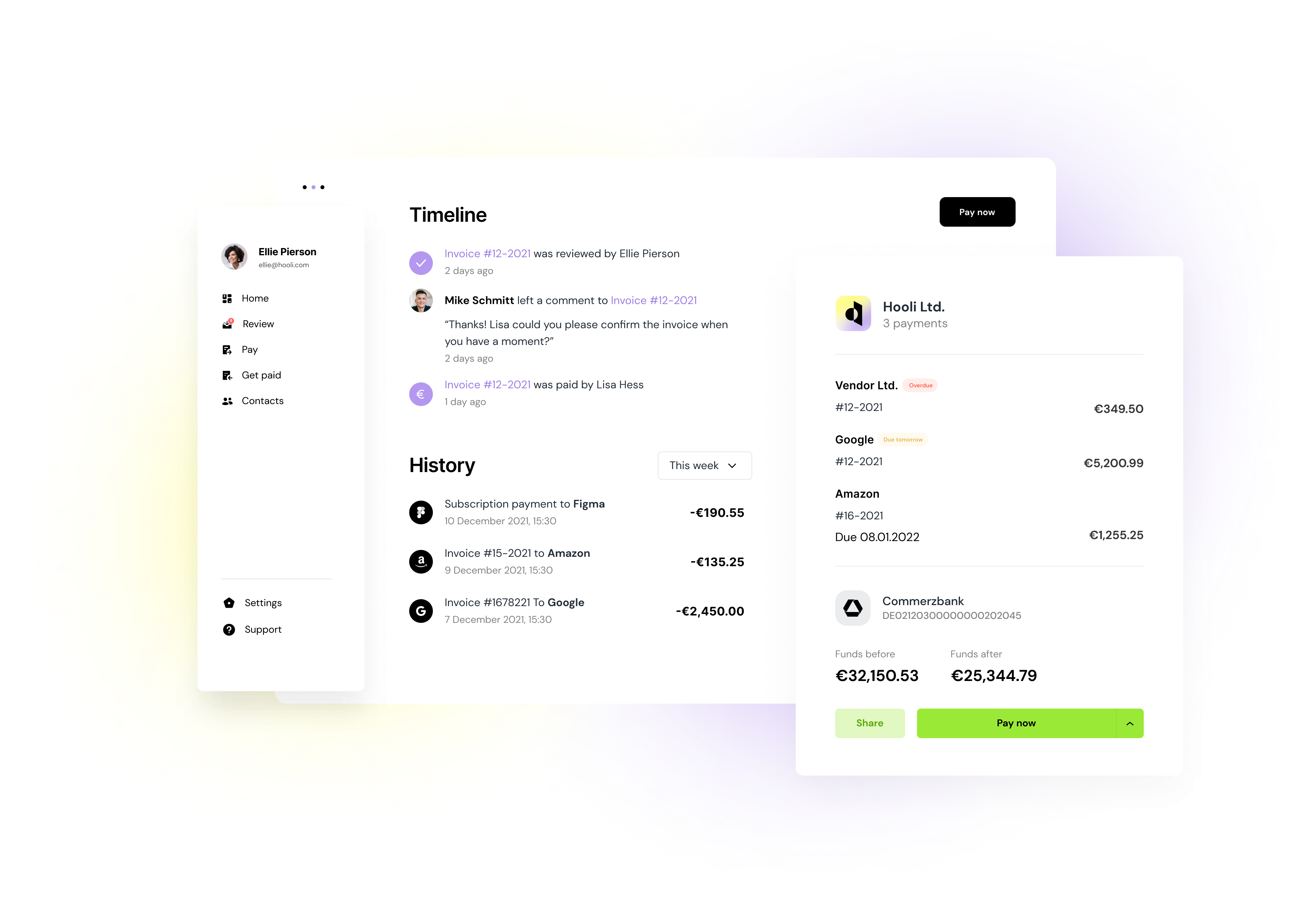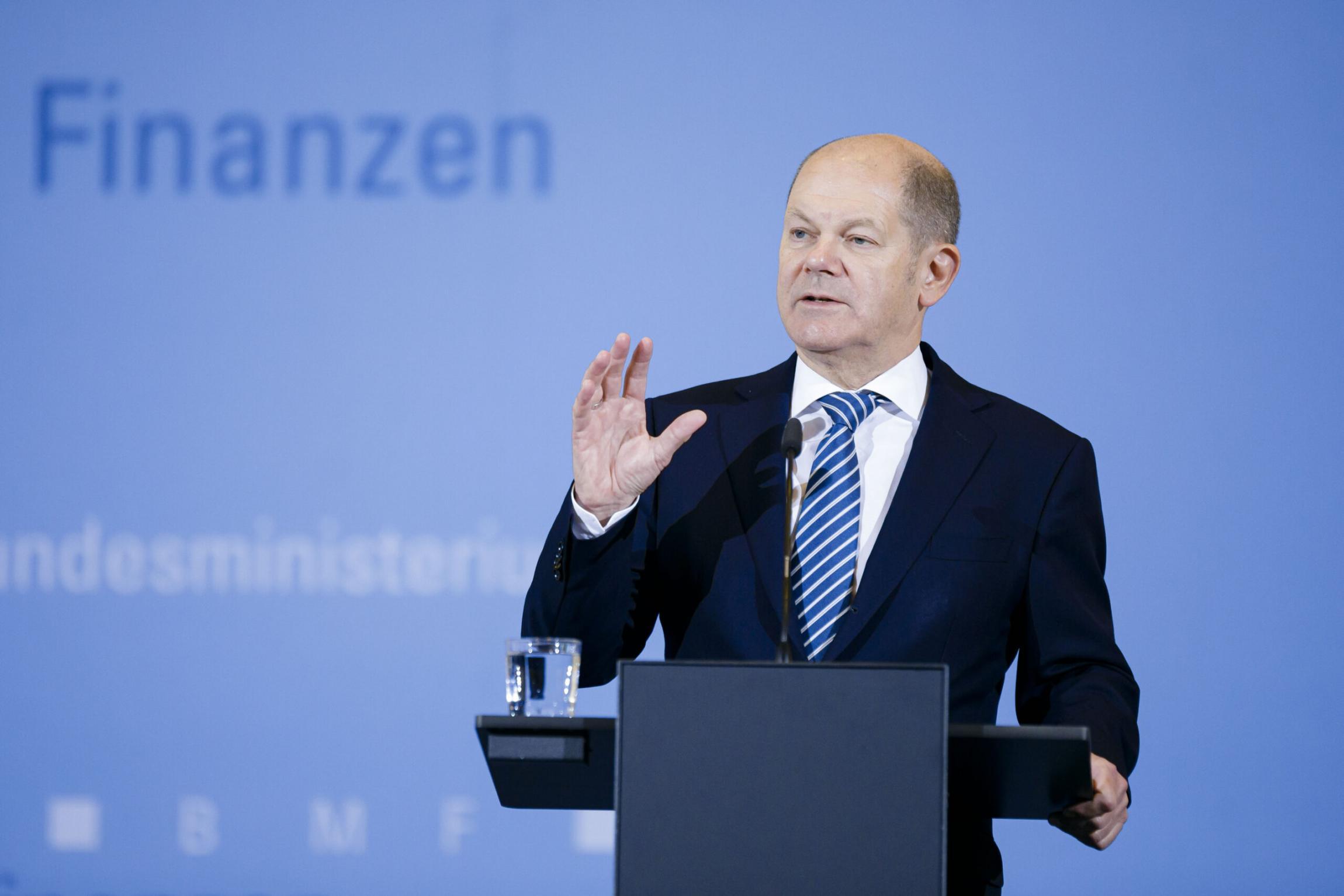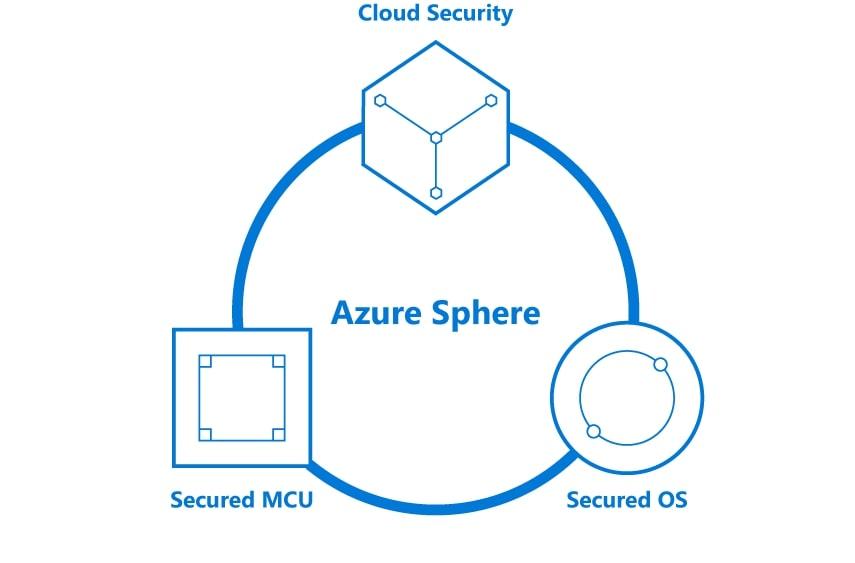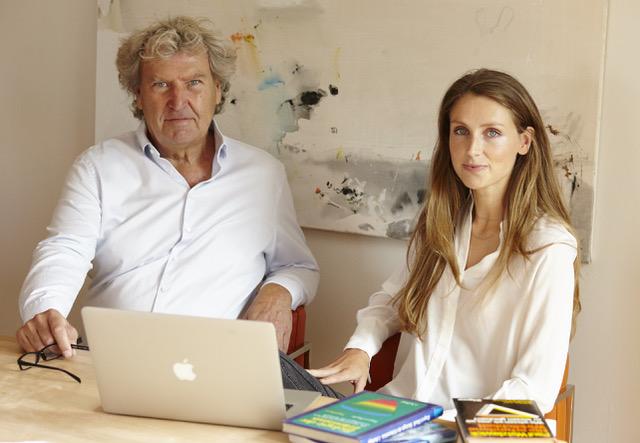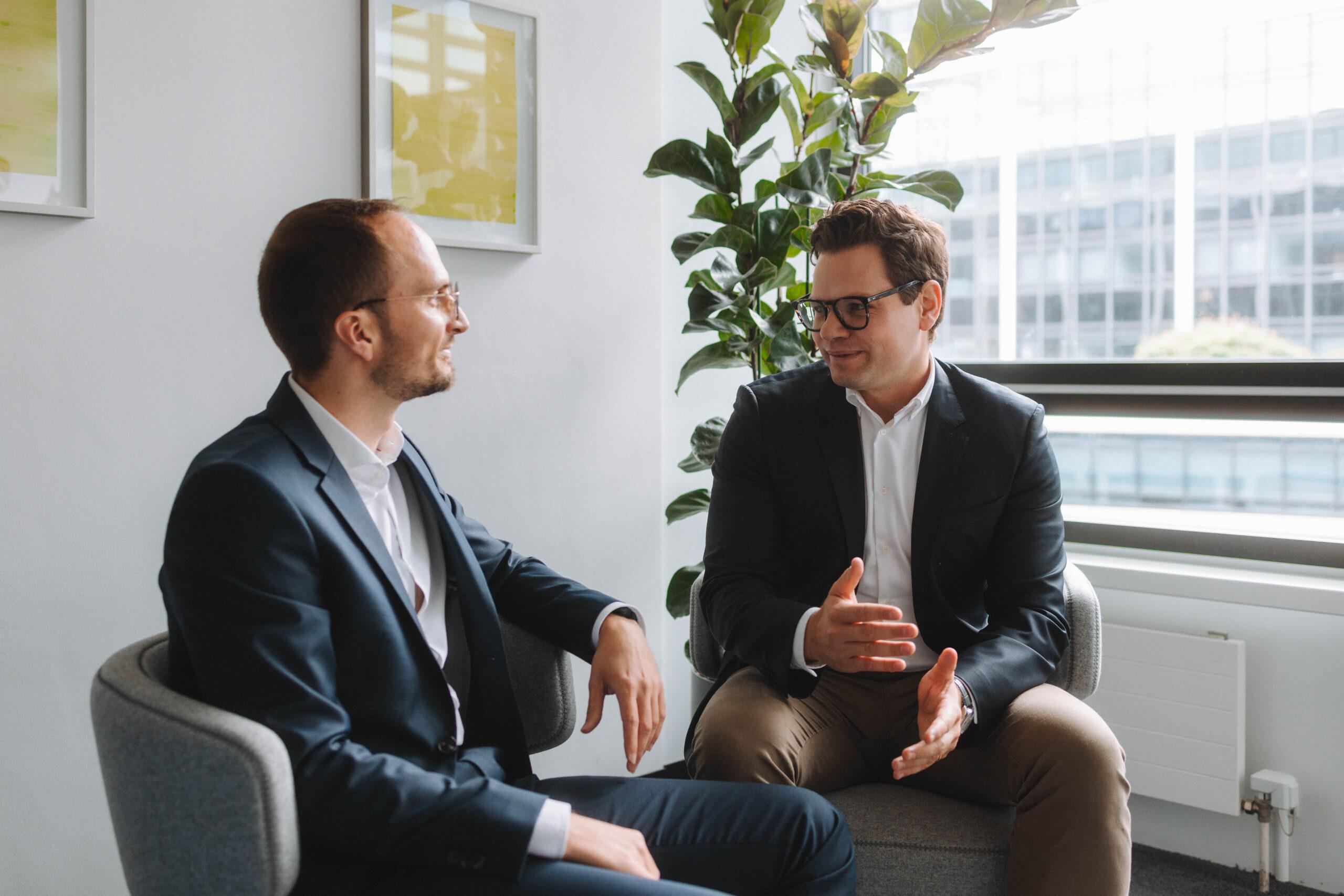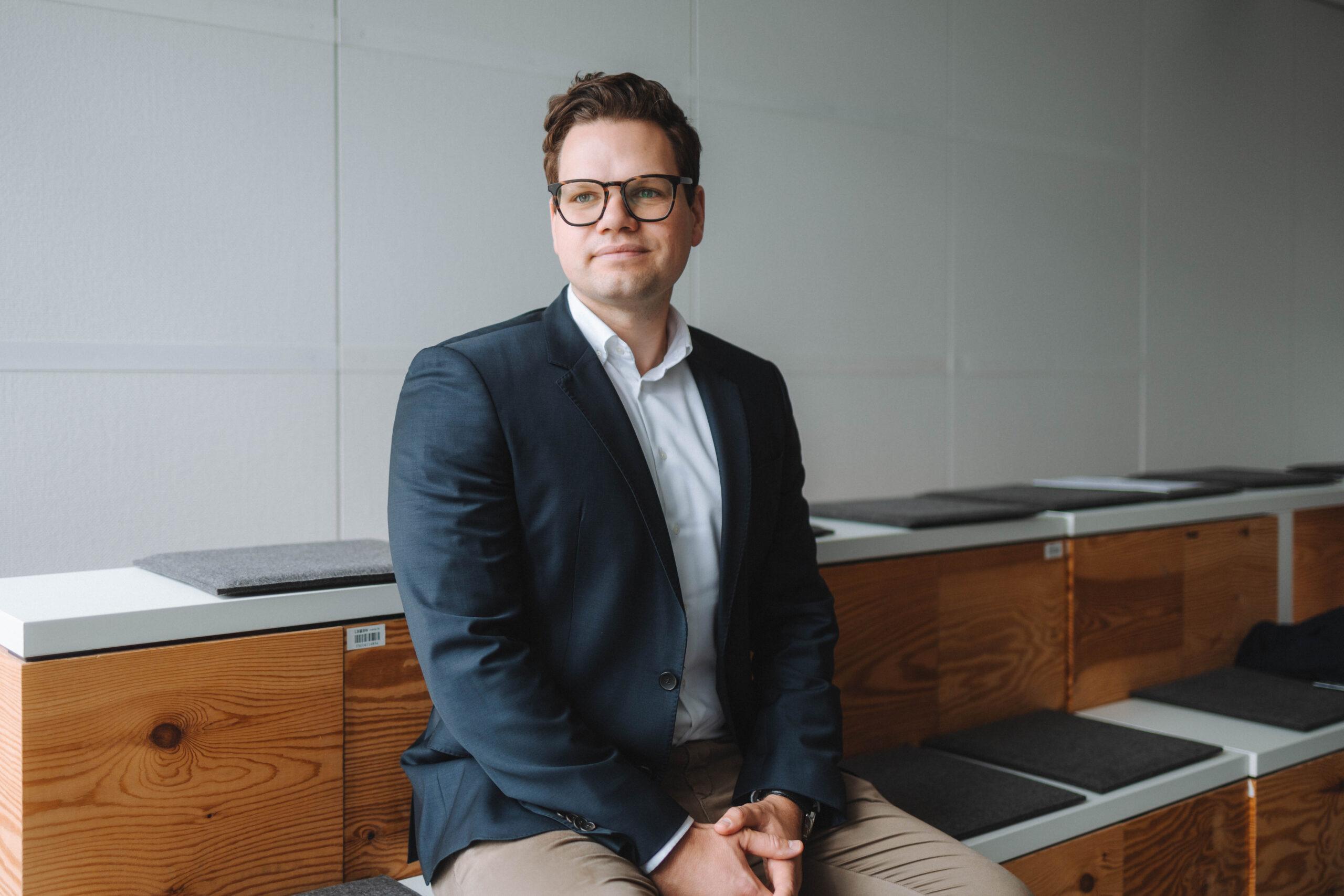Why it's (not) cool to be the first startup employee

Being involved right from the start, building "something big", playing a key role in shaping an idea and at the same time taking advantage of a great opportunity for your own career and financial independence... Sounds good, doesn't it?
60 percent of start-ups fail because of their team. The reason is less a lack of expertise than a lack of shared values and a vision. While recruiting in established companies is all about filling vacancies, the first employees in a start-up form the framework and foundation for the culture of the future team. In the best case scenario, they share the same motivation and sense of responsibility, work just as hard as the founders themselves and - consciously or unconsciously - take a comparable risk should the idea hit the wall.
Same pressure, same appreciation? Why it's not cool
Whether founder or employee, the challenges in the early phase are the same for everyone: there is no structure, no boss, no orientation. However, through relevant programs, events or in the fundraising process, founders are in contact with experts, funders and decision-makers at an early stage. They not only build up a resilient network in the ecosystem, but also gain access to capital, experience and help to help themselves. In contrast, the first employees in a start-up are usually left to their own devices. As the company grows, the first hierarchies are introduced. This often creates an unexpected distance from former colleagues.
"Being a founder is hard, but the first employee has the most difficult role. You're not quite a founder, but not quite a team either. As a manager, you often feel isolated and rarely get the appreciation you deserve," founder and angel investor Anh-Tho Chuong, former first employee of French neobank Qonto, once put it in a nutshell. "Founders constantly have the opportunity to exchange ideas, have their own lobby and receive regular feedback and recognition from outside. First employees, on the other hand, often experience the same pressure, but not the same compensation... and not just financially," she says.
Employee shares & the dream of big money
The motivation to become the first employee of a start-up is as varied as the motivation to found one. Some find the idea and the market environment exciting, want to get out of the corporate mill, believe in the positive impact or make a conscious decision to join in the early stages, similar to investors with a clear strategy: "If the idea takes off, my ESOPs or VSOPs will make up for the risk from the start and the low salary many times over, so the hope goes. Key hires with start-up experience then demand a concrete percentage share in the company as early as the contract negotiation stage. The prerequisite for this is a completed financing round and valid information on the valuation.
However, the dream of big money thanks to early employee shares is a risky bet, especially for VSOPs: even though more start-up capital is currently available than ever before, 90 percent of all start-ups still fail within the first three years. The survival rate for VC-financed companies is somewhat better at 25 percent, but even among these, only very few make it to IPO and only around 2.5 percent achieve the dreamed-of unicorn status. Early-stage VCs therefore factor in the risk that a large proportion of their investments will fail. Employees who are primarily financially motivated should also take this into consideration, especially as they can only invest their "sweat equity" in one company.
Time as a limiting factor: family and friends as a start-up team
In contrast to the strategic planners, however, a large number did not consciously decide to pursue a start-up career, but ended up in the role by chance. This is because time, rather than money, is often the limiting factor when founding a company: the more disruptive the business model and the lower the barrier to market entry, the quicker you have competitors on your tail. Depending on how "hot" the topic is, it can take days rather than months to get the right start-up team together. This means: no time for job profiles - it's usually not clear what/who will be needed in the following weeks anyway - no long search for candidates and there's no money for the headhunter (yet).
Recruiting from your personal network, usually ex-colleagues or family and friends, is much more efficient. Recruitment here is based on trust, and there are often no clear framework conditions - sometimes even the entire contract. Rarely does the previous experience match the upcoming tasks. The big advantage: a close-knit, loyal team, one hundred percent intrinsically motivated, close to the topic and which ticks in a similar way to the founders themselves. Comrades-in-arms instead of employees.
Many hats, steep learning curve - why it's cool
No matter where they come from, first employees do jobs and take on responsibility for tasks they have never done before. This can be an advantage because there is less worry about what could go wrong. On the other hand, you often have no idea how to achieve your - usually self-imposed - goals. This leaves a lot of room for development and initiative, and those "affected" inevitably find creative solutions themselves. The job is never clearly defined, changes daily and you are constantly questioning yourself. Sometimes you are Head of SEO, sometimes Head of HR, sometimes you set up Ikea tables for your new colleagues, a personal decision... Either you put on a hat or this hat remains on the floor. Many only find their "real" vocation here and independently develop new growth areas for which there is not (yet) a degree program. It's hectic, chaotic, demanding and...extremely cool.
Personal details: Bettina Engert worked with the founders of FlixBus to build up the mobility provider's communications and has been with Munich-based VC Acton Capital since 2019. She is passionate about promoting young female founders and more diversity in the start-up scene.

Newsletter
Startups, stories and stats from the German startup ecosystem straight to your inbox. Subscribe with 2 clicks. Noice.
LinkedIn ConnectFYI: English edition available
Hello my friend, have you been stranded on the German edition of Startbase? At least your browser tells us, that you do not speak German - so maybe you would like to switch to the English edition instead?
FYI: Deutsche Edition verfügbar
Hallo mein Freund, du befindest dich auf der Englischen Edition der Startbase und laut deinem Browser sprichst du eigentlich auch Deutsch. Magst du die Sprache wechseln?




